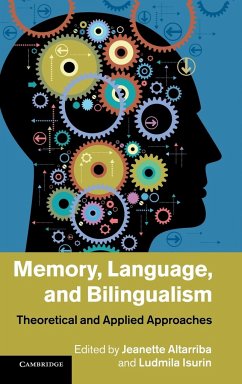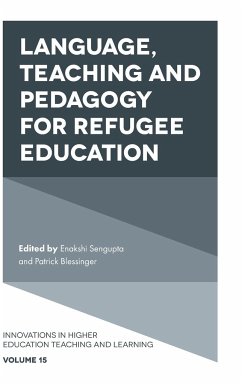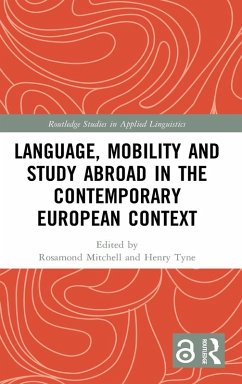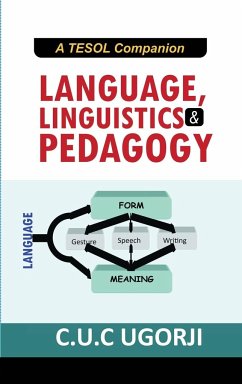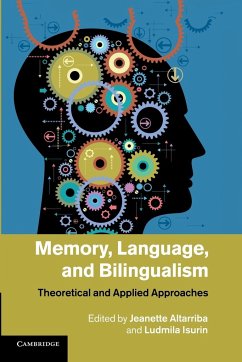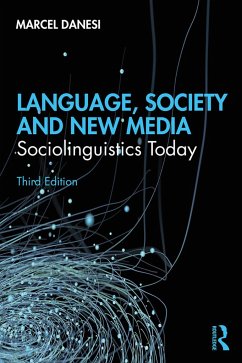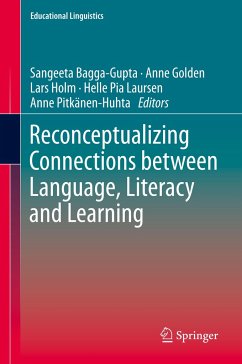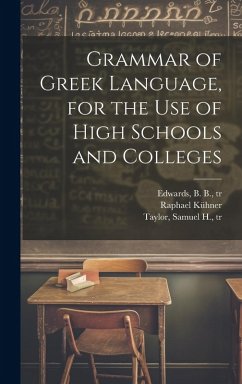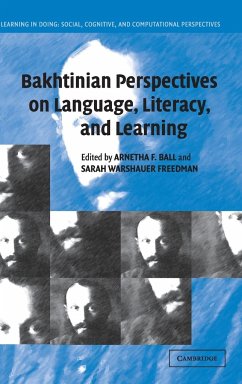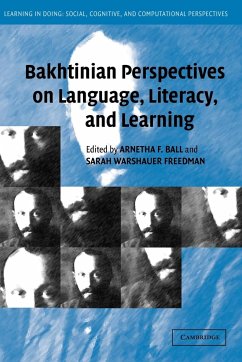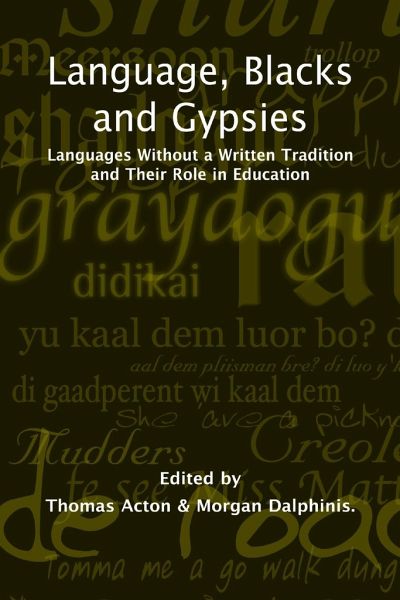
Language, Blacks and Gypsies
Versandkostenfrei!
Versandfertig in 1-2 Wochen
29,99 €
inkl. MwSt.

PAYBACK Punkte
15 °P sammeln!
This book results from a collaboration between activists and academics. The editors believe that if grammar is to become politically important, then educated people must receive some grounding in a scientifically based descriptive linguistics before they are exposed to the prejudices of traditional prescriptive linguistics. Issues covered include: the use of language as a form of ethnic defence; the implications of the emergence of literary forms of languages without a written tradition; the social position of speakers of these languages; educational strategies for supporting students from the...
This book results from a collaboration between activists and academics. The editors believe that if grammar is to become politically important, then educated people must receive some grounding in a scientifically based descriptive linguistics before they are exposed to the prejudices of traditional prescriptive linguistics. Issues covered include: the use of language as a form of ethnic defence; the implications of the emergence of literary forms of languages without a written tradition; the social position of speakers of these languages; educational strategies for supporting students from these communities; and multilingual education and its political implications. Some case studies of educational initiatives are included. The book will interest those involved in work with minority communities using languages without a written tradition including teachers, community development and support workers and members of these communities concerned to identify strategies to achieve greater recognition of the intrinsic worth of these language traditions. About the Editors: Dr Thomas Acton is Professor of Romani Studies, Greenwich University. He has written or edited several books on or for Gypsies. He ran the first Gypsy Council caravan summer school for Gypsy children in East London in 1967. Dr Morgan Dalphinis is Executive Manager, Academic Development , City College Birmingham. He has worked as an Inspector, Senior inspector and Chief Inspector of Education in the London Boroughs of Haringey, Southwark and Hackney, and has also taught in Schools, adult education and further education and lectured at the University of Maiduguri, Nigeria. He has published both academic studies on Creole languages and poetry in St Lucian Patwa.





